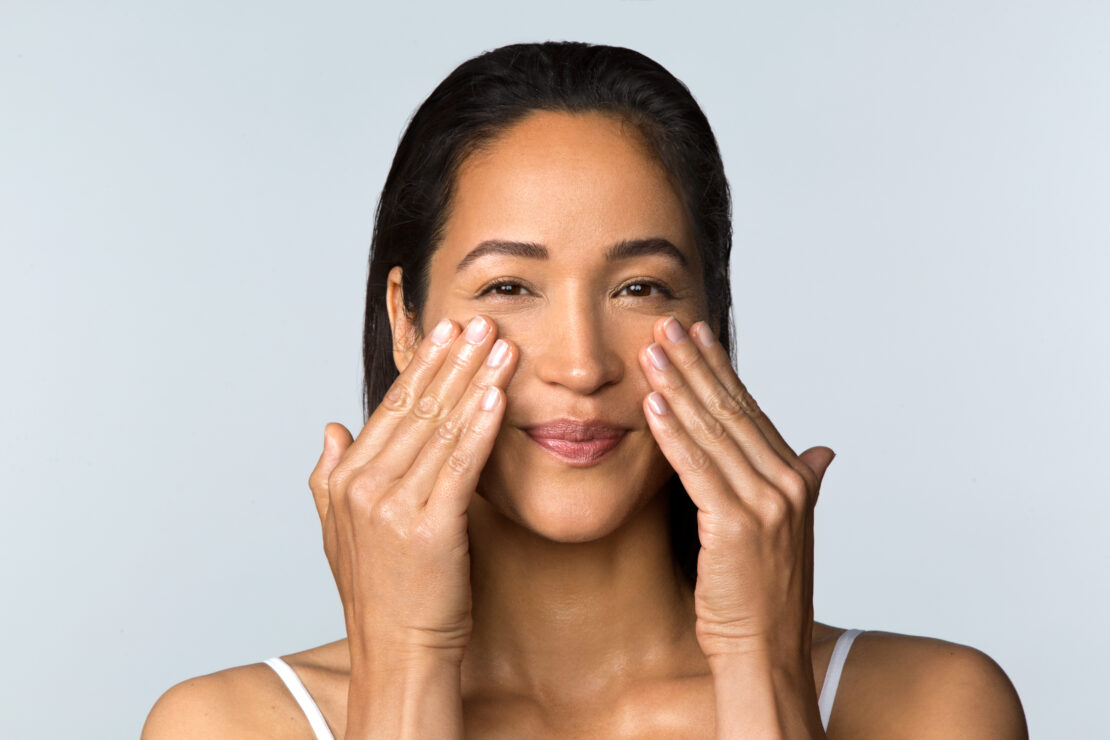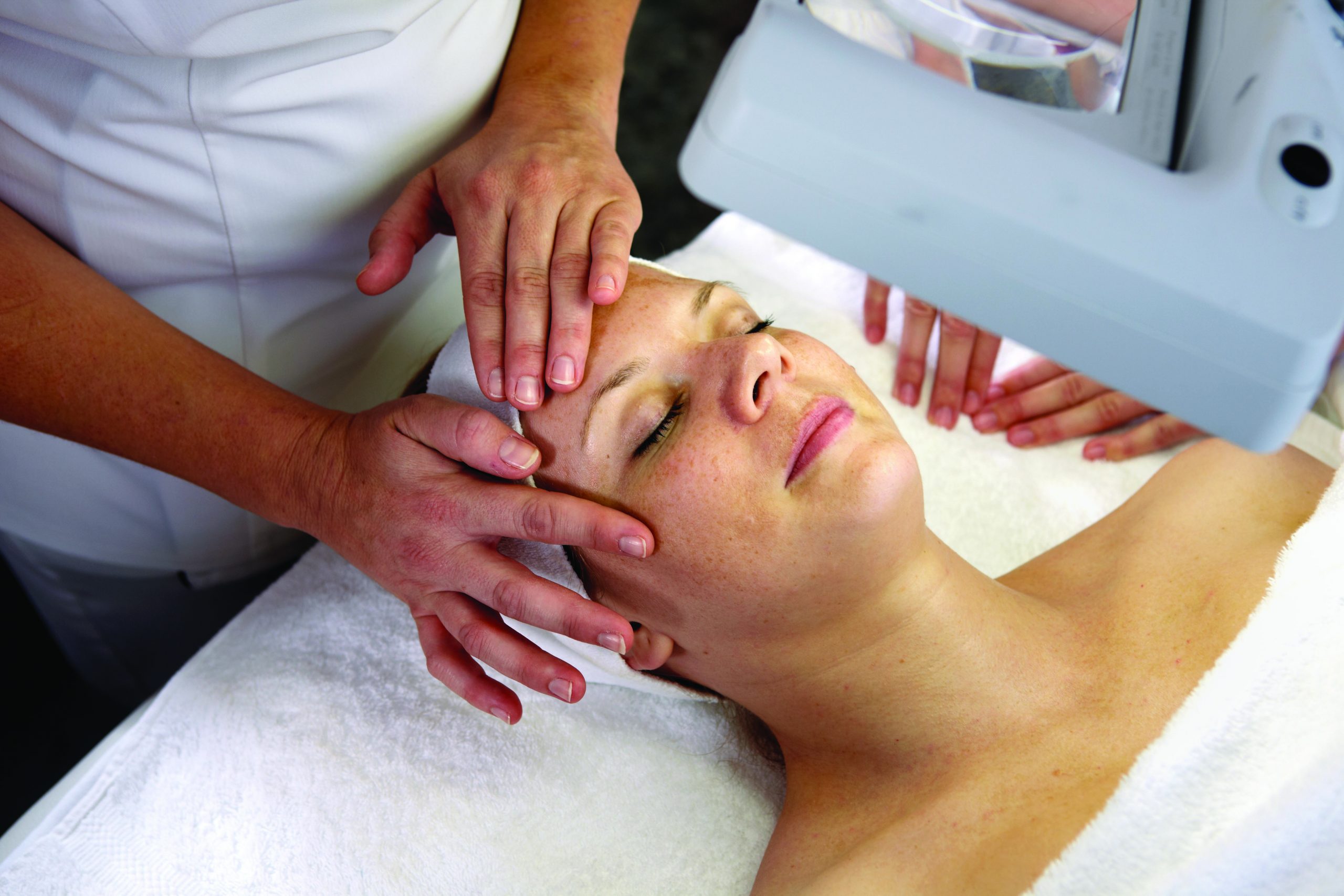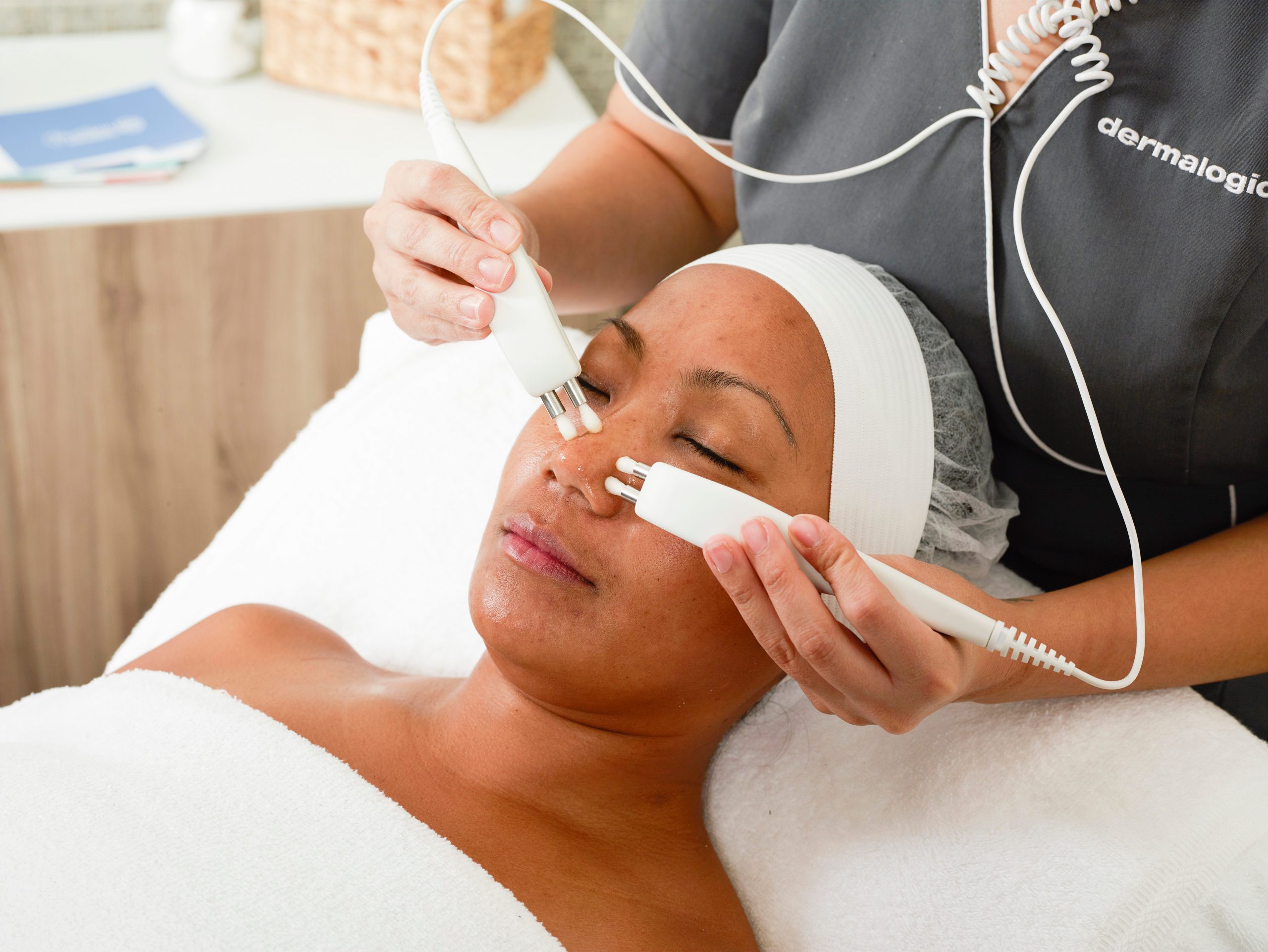
There are many types of oil – and not all of them cause breakouts. In fact, some of them can help keep skin clear.
oil produced by your skin
Your skin naturally produces sebum, a form of oil that prevents skin dryness. Sebum can only cause breakouts when it is combined with breakout-causing bacteria and dead skin cells. Exfoliation helps prevent this.
occlusive oils
Occlusive oils are oils that physically block water loss. They’re found in many skin care products, and can cause breakouts for some people. Petrolatum, Mineral Oil, Beeswax, Lanolin, and Paraffin are some occlusive ingredients to watch out for. Olive Oil and Coconut Oil tend to clog pores too, but some people – particularly those with dry skin – love using them anyway. Everyone’s skin reacts differently to different ingredients.
non-comedogenic oils
Non-comedogenic oils are known for not clogging pores. One example is Almond Oil, which has high levels of fatty acids and can help moisturize dry skin. Another, Neem Oil, has antibacterial properties and may be even be useful as a spot treatment for breakouts.
plant-based oils
Lightweight phytolipids (plant-based oils) tend NOT to cause breakouts unless you’re allergic to them. Rosehip Seed Oil, Squalane Oil, Argan Oil, Jojoba Oil, Sunflower Seed Oil, and Tea Tree Oil are all excellent at balancing oily skin and helping to prevent skin dehydration (which can lead to more oil production). In fact, Tea Tree Oil is often recommended to help clear breakout-prone skin due to its antimicrobial properties.
anyone can use face oils
Even people with oily skin! Face oils can help balance skin’s sebum levels by providing necessary moisture, preventing skin from working overtime to produce sebum. Whether you’re new to facial oils or a pro, pay attention to which ingredients work best for your skin.
stay in the know
Get special offers on the latest developments from Front.



